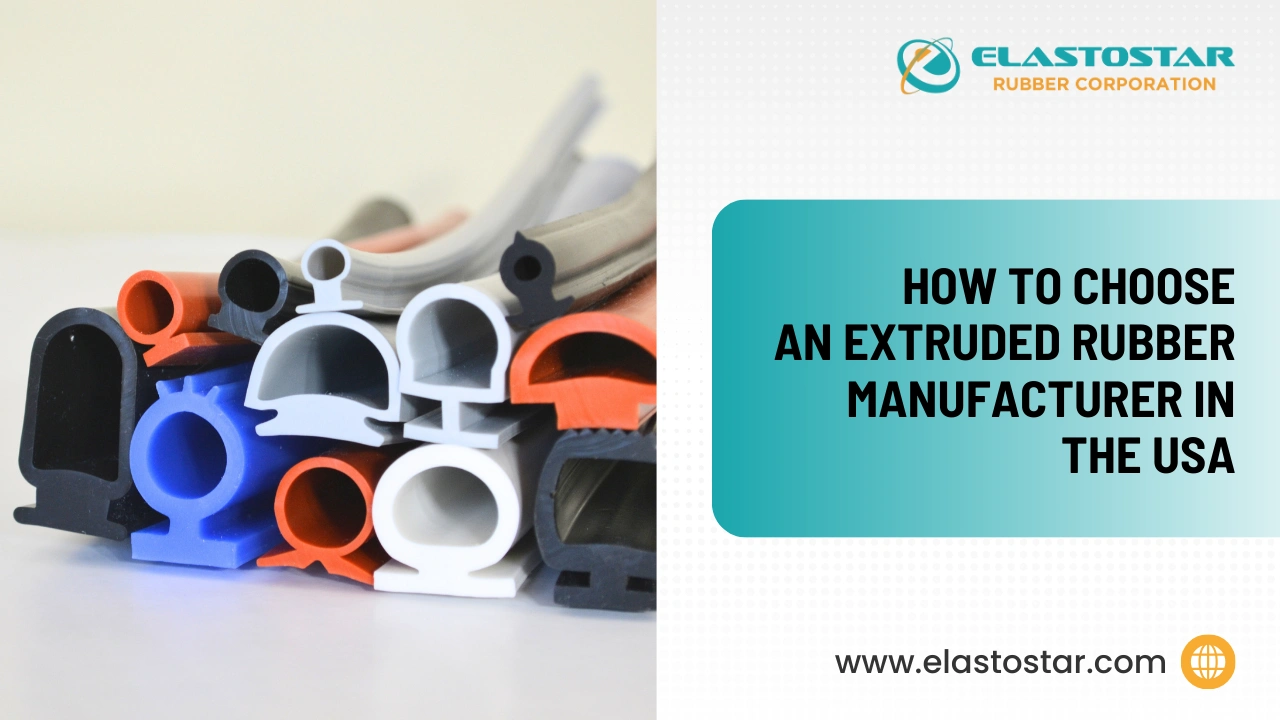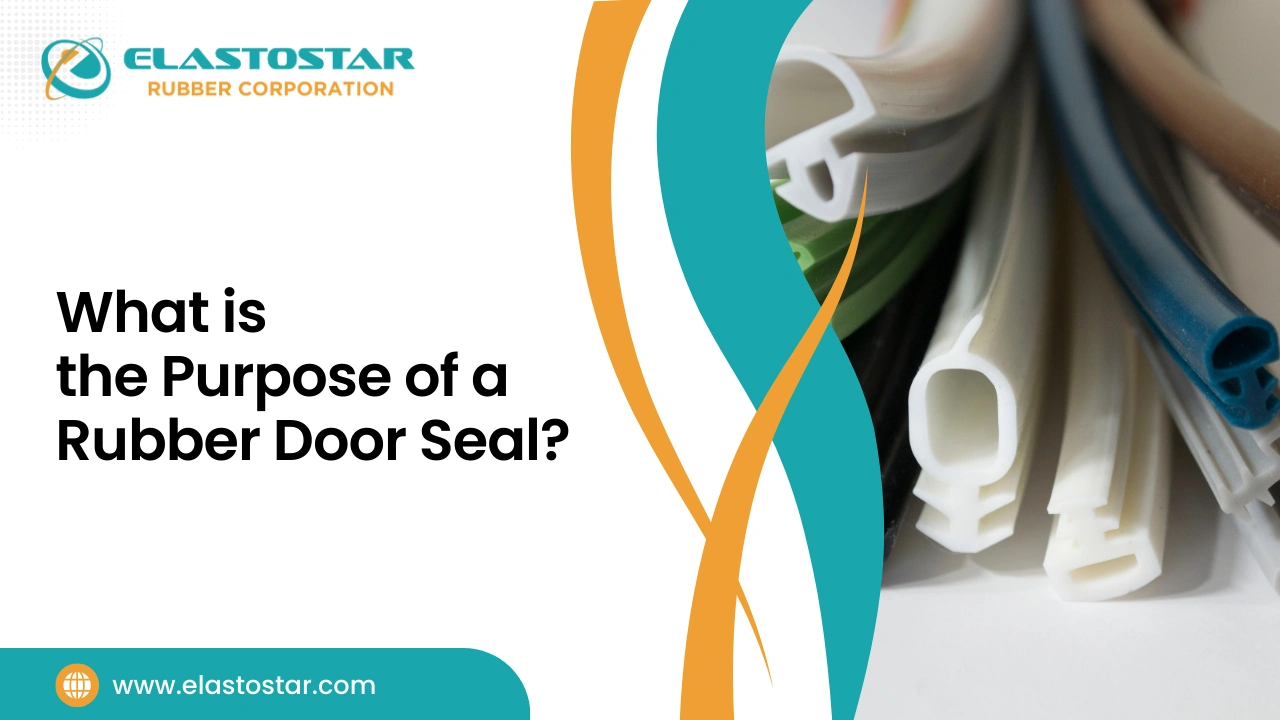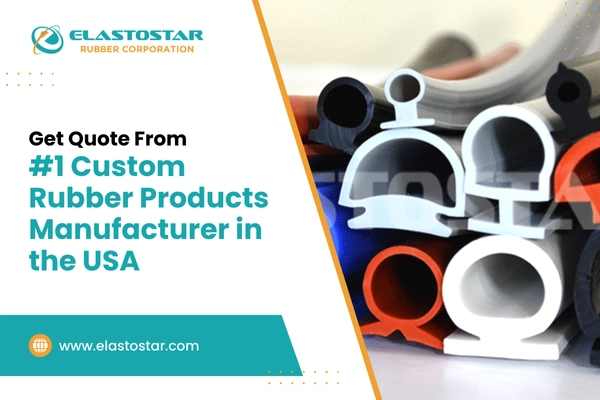Silicone rubber tubing is known for its flexibility, durability, and ability to perform in temperatures ranging from -60°F to 450°F, making it ideal for diverse applications. Its resistance to chemicals, UV, and environmental factors makes it a popular choice in industries like healthcare, food, automotive, and more. Did you know that a silicone tube is also biocompatible, which is why it’s frequently used in medical devices?
In this blog, we’ll explore six key industries where rubber silicone tubing is commonly used and explain how it meets the demands of each sector with exceptional performance and reliability.
Table of Contents
1. Medical and Healthcare Applications of Silicone Rubber Tubing
In the medical industry, silicone rubber tubing is highly valued for its biocompatibility, flexibility, and non-toxic properties, making it safe for direct contact with the human body. Medical silicone tube is used in critical devices such as catheters, IV lines, and respiratory equipment, where its gentle, non-reactive nature is essential for patient safety.
Another advantage of rubber silicone tubing is its ability to stand multiple sterilization methods, including autoclaving and gamma radiation, without degrading. Its wide temperature range allows it to function effectively in both cold and hot medical environments, ensuring reliability in various medical applications.
2. Food and Beverage Industry- Food-Grade Silicone Tubing
Food-grade silicone tubing plays an important role in the food and beverage industry due to its non-toxic, odorless, and tasteless properties, making it ideal for transferring liquids, oils, and other consumables. It is commonly used in processes like beverage production, including breweries and dairy facilities, ensuring that consumables remain uncontaminated and safe for consumption.
FDA-approved silicone rubber tubing is designed to handle high temperatures and resist chemicals, which is essential for safe food processing. Its flexibility and durability also allow it to perform well in a range of demanding environments, from hot liquid transfer to cold storage applications.
| Feature | Food-Grade Silicone Tubing | Other Tubing Materials |
| Temperature Range | -60°F to 450°F | -40°F to 250°F |
| Food Safety Compliance | FDA-approved | Some Non-Compliant |
| Odorless & Tasteless | Yes | Varies |
Extruded rubber tubing, being food-safe tubing, ensures compliance with strict safety standards, making it the preferred choice in the food and beverage sector.
3. Pharmaceutical Industry- Sterile Silicone Tubing for Drug Manufacturing
In the pharmaceutical industry, sterile silicone tubing is crucial for ensuring contamination-free and clean processes during drug manufacturing. Its biocompatibility and non-reactive nature make it ideal for safely transferring liquids, gases, and bio-materials in both laboratory and large-scale production environments.
- Sterility and contamination control: Rubber silicone tubing is sterilizable, making it suitable for the precise standards required in pharmaceutical applications.
- Chemical and solvent resistance: The tubing is capable of handling a wide variety of chemicals, solvents, and bio-materials without degrading, ensuring long-lasting performance.
- Customization: Silicone tubes can be manufactured to meet specific pharmaceutical requirements, including unique sizing, different diameters, and various sterilization methods (autoclaving, radiation).
4. Automotive Industry- Heat-Resistant Silicone Tubing
The automotive industry depends on heat-resistant silicone tubing for various under-the-hood applications, including coolant systems, turbocharger connections, and heating systems. This silicone tube is ideal due to its ability to handle extreme temperatures without losing flexibility or performance.
- Coolant and heating systems: Flexible rubber tubing is used in coolant systems to maintain optimal engine temperatures, as well as in heating systems for smooth fluid transfer.
- Heat and chemical resistance: It offers excellent resistance to high heat, oil, and other chemicals commonly found in automotive environments.
- Durability: Its flexibility and durability allow it to perform well in harsh conditions, ensuring long-lasting reliability in demanding automotive applications.
Additionally, conductive silicone tubing can be used in specialized automotive systems where electrical conductivity is required alongside temperature resistance.
5. Aerospace Industry- Lightweight and Flexible Silicone Tubing
In the aerospace industry, silicone tubing is widely used due to its lightweight, flexibility, and high-temperature resistance. It is crucial in applications such as aircraft engines and fuel systems, where extreme conditions are common. Rubber silicone tubing is particularly well-suited for high-temperature environments, ensuring that it can perform reliably even under intense heat without degrading.
The lightweight nature of flexible rubber tubing is another major advantage in aerospace applications. Reducing overall system weight is critical for improving fuel efficiency and performance, making this tubing an ideal choice for aviation systems. Additionally, it can withstand the extreme pressures and temperature variations that are frequently encountered in aerospace environments, ensuring both durability and consistent performance in critical components.
As a result, a silicone tube is a preferred material in the aerospace industry, where high performance, safety, and weight reduction are essential.
6. Electronics Industry- Silicone Tubing for Insulation and Protection
In the electronics industry, silicone rubber tubing is widely used for its excellent insulating properties. It is commonly applied to protect sensitive wires and electrical components from heat, moisture, and electrical interference, ensuring that circuits and devices function properly. As an electrical insulator, silicone tubing provides a reliable barrier in cables and circuits, preventing short circuits and enhancing overall system performance.
Its ability to withstand environmental factors like extreme temperatures and moisture makes it an ideal choice for safeguarding electronic systems in various conditions. The flexibility and durability of the tubing also allow it to be easily integrated into complex electronics, providing long-lasting protection and maintaining the integrity of the components.
Recommended Reads
- How Silicone Rubber Tubing Is Made For Different Application
- Silicone Rubber: Where It Comes From
- Silicone Rubber Temperature: How Much Heat Can It Withstand?

Conclusion
Silicone rubber tubing is favored across diverse industries due to its flexibility, durability, and resistance to extreme temperatures. In the medical field, it offers biocompatibility and sterility. In food and beverage production, it ensures safe, contamination-free handling. The automotive and aerospace industries rely on its heat resistance and lightweight properties, while the electronics sector benefits from its insulating capabilities. Its adaptability and reliability make it a necessary material for critical applications in multiple industries.
FAQs
- What industries use silicone?
Silicone is used by different industries such as medical, automotive, aerospace, electronics, food and beverage. At Elastostar, we offer high-quality silicone tubing both in a standard size as well customized sizes to meet your business demands. - What is silicone rubber tubing used for?
Silicone rubber tubing is used for transferring liquids, and gases, and protecting sensitive components in industries such as medicine, food processing, and electronics. - Why is silicone tubing used in the electronics industry?
Silicone tubing is used in the electronics industry for insulation and protecting wires from heat, moisture, and electrical interference, ensuring the longevity and safety of devices. - What are the industrial uses of silicone?
Silicone is used in industrial applications such as seals, gaskets, and tubing for its resistance to extreme temperatures, and chemicals, and its flexible properties. - Where is silicone rubber used?
Silicone rubber is commonly used in industries such as medical devices, automotive parts, food-grade processes, and electronics due to its flexibility, durability, and heat resistance. Elastostar’s silicone rubber tubing is especially valued in these applications for its non-toxic, durable, and heat-resistant properties, ensuring safe and efficient performance across various sectors.




